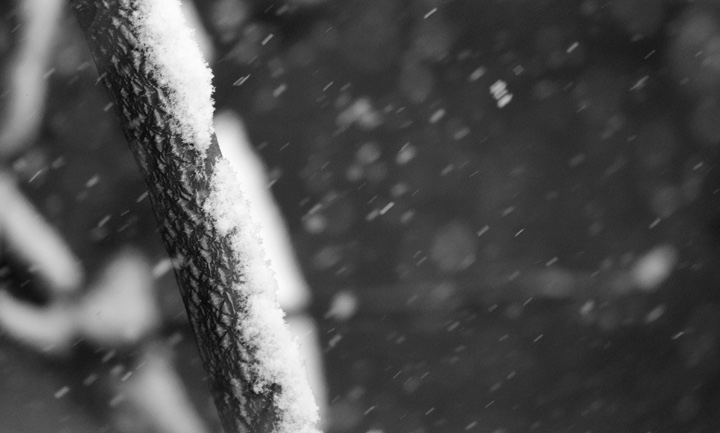Smells are some of the strongest indicators of the season. Each seasons carries its own unique set of aromas, and they are starkly different. Fresh flowers and thawed earth in the spring, barbeques and hot pavement in the summer, crispy leaves in the fall, and snow and pine in the winter: some of these aromas may bring us more excitement than another. Ever noticed how much you want to be outside during the spring and summer and how much stronger the desire to stay in grows as winter prolongs?
Turns out, it’s not just the cold temperature that keep us indoors. Our sense of smell is less excited to be outdoors during the winter because there are less smells to smell. According to Pamela Dalton, an olfactory scientist at the Monell Chemical Senses Center in Philadelphia, odor molecules move much more slowly through the air in the winter, meaning it is harder to pick up on a scent.
We are also not as sensitive to aromas in the winter because our smell receptors hide away slightly, possibly as a way to protect themselves from the cold, dry air. We compensate for the lack of smells outdoors by appreciating the indoor smells of winter. Whether it be lighting up a wood log or cooking a hot soup or cookies, we need to satisfy our sense receptors somehow!
